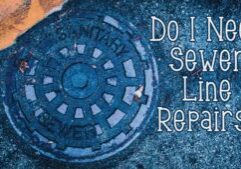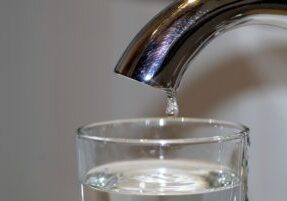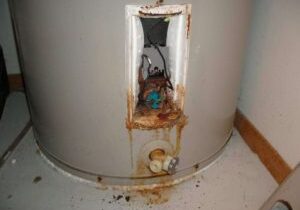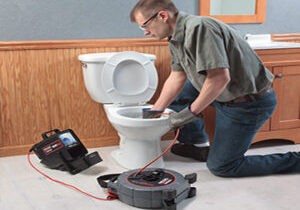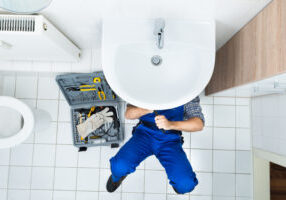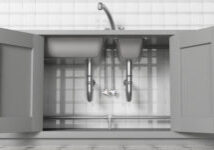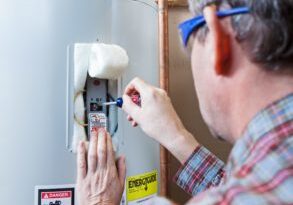
Water Heater Checkup Time
So many appliances and fixtures depend on your water heater functioning properly.
But it’s surprising how many of us neglect to do regular maintenance on them or have them check by a professional.
We tend to wait until there’s a problem and by then it’s too late. There’s either a leak or a severe malfunction — that leaves you with no hot water for showers, the washing machine, or dishwasher.
Nobody wants to be caught in the dead of winter without hot water, so the end of summer is a great time to check your water heater.
Here are the key things to check to keep your water heater functioning efficiently and safely.
Age of your water heater
If your water heater is nearing that 8-to 10-year point, it’s getting up there in age. Some of the symptoms of an aging water heater include:
- Rust in the water or tank
- Noises
- Slow or inefficient heating
- Leaks
Rather than wait until you have a significant problem, it makes sense to get your water heater checked.
If it’s only a minor repair that’s necessary – or a good flushing – that can get you up and running. If it’s a more significant – like a tank that’s rusting or damaged, it’s a good idea to consider replacing it.
Anode Rods
An anode rod is a long metal rod that sits in your water heater. It is designed to attract corrosive elements in the water, especially when the inner lining of the tank eventually cracks.
Eventually, this rod will become corroded and can no longer do its job, which is when it’s time to replace it. Usually, they need to be replaced every five years or so but can expand the life of a water heater if maintained pro.
Pressure Relief Valve
The pressure relief valve is a safety feature that prevents too much pressure from building up inside the tank. It’s a good idea to make sure it is not leaking and functioning correctly.
Odor in the Water
Bacteria build up inside the tank can be the cause of foul odors in your water. If this is the case, a good professional flushing can help clean it. But you’ll also want to explore why the growth occurred. Sometimes, it can be due to the temperature of your water, in which case you’ll want to measure it and consider increasing it within a “safe” zone for daily use to avoid scalding.
Crackling and Popping
It’s not uncommon for a water heater to make noise – like crackling and popping. This can occur when sediment builds up around the heating element in the tank. It may be a simple fix like flushing the tank; however, if your water heater is old, it may be more extensive damage from years of use.
Water Temperature
If you’ve noticed a change in your water temperature, it could be due to a number of factors – changing weather, corroded heating element inside the tank, or the heating element beginning to show signs of wear and tear. If your tank is well within the “old age” limit, it’s a good idea to have a pro check it out and get it running efficiently again.
Having trouble with your water heater or just want to get it checked by a pro? Give us a call; we’re ready to help.

